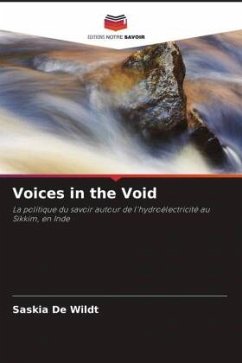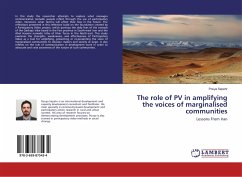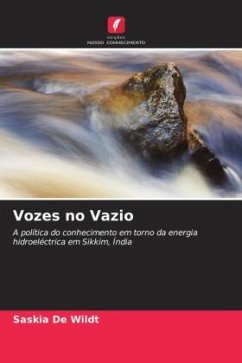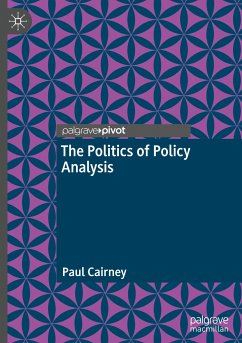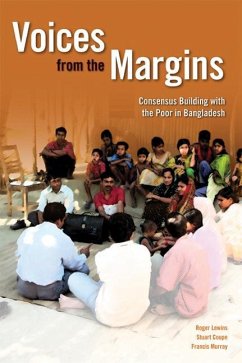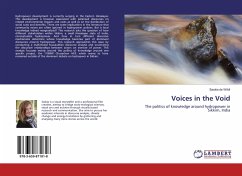
Voices in the Void
The politics of knowledge around hydropower in Sikkim, India
Versandkostenfrei!
Versandfertig in 6-10 Tagen
27,99 €
inkl. MwSt.

PAYBACK Punkte
14 °P sammeln!
Hydropower development is currently surging in the Eastern Himalayas. This development is however associated with polarized discourses on related environmental impacts and costs as well as on the distribution of social costs and benefits. There are some implications in the literature that community voices are often ignored in hydropower policies. But is local knowledge indeed marginalized? This research asks the question of how different stakeholders within Sikkim, a small Himalayan state of India, conceptualize hydropower. And how in turn different discursive mechanisms determine whose knowle...
Hydropower development is currently surging in the Eastern Himalayas. This development is however associated with polarized discourses on related environmental impacts and costs as well as on the distribution of social costs and benefits. There are some implications in the literature that community voices are often ignored in hydropower policies. But is local knowledge indeed marginalized? This research asks the question of how different stakeholders within Sikkim, a small Himalayan state of India, conceptualize hydropower. And how in turn different discursive mechanisms determine whose knowledge becomes part of dominant discourses around hydropower. This research approaches this issue by conducting a multimodal Foucauldian discourse analysis and scrutinizing the discursive relationships between actors on exercise of power. This analysis focusses mainly around the politics of knowledge around one specific project, the 110MW Chuzachen HEP, which seems to have remained outside of the dominant debate on hydropwer in Sikkim.



